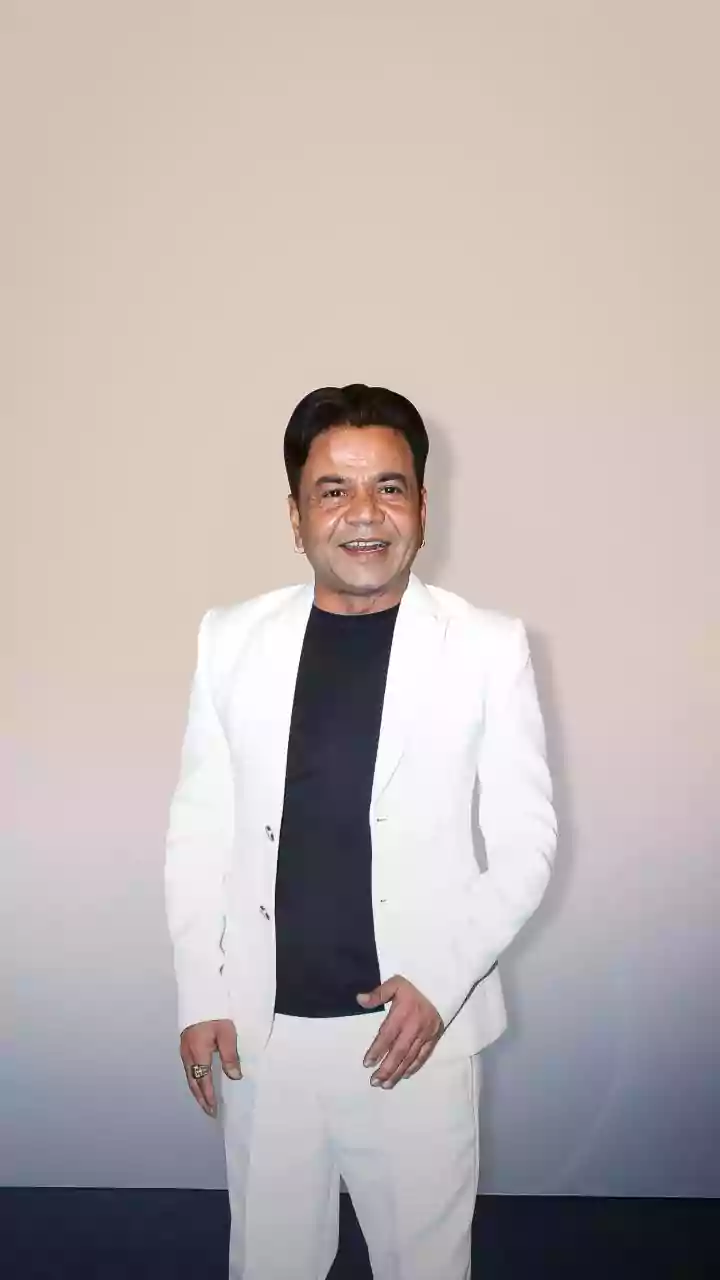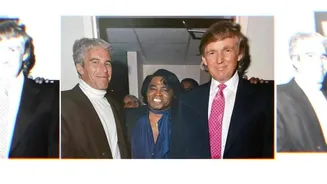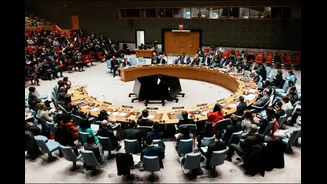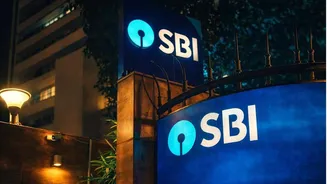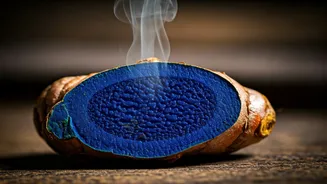Sustainable Fashion's Ascent
The fashion industry in India is witnessing a significant shift towards sustainability. Consumers are becoming increasingly aware of the environmental
and social impact of their clothing choices. This awareness has led to a surge in demand for eco-friendly materials, ethical production practices, and brands committed to reducing waste. Designers are responding by using organic cotton, recycled fabrics, and implementing circular economy models, thus minimising their ecological footprint. Sustainable fashion, once a niche market, is now gaining mainstream acceptance. This reflects a broader global trend and signifies a move towards more responsible consumption within the Indian fashion sphere. The focus extends beyond just materials. Ethical sourcing, fair labor practices, and transparency in the supply chain are equally important aspects of this evolving trend.
Social Media's Influence
Social media platforms, particularly Instagram and TikTok, have become major catalysts in disseminating fashion trends throughout India. Influencers and bloggers play a vital role in shaping consumer preferences and creating demand for specific styles. Their ability to showcase the latest looks and provide style inspiration to a broad audience is unparalleled. The rapid spread of trends through these platforms has created a fast-paced environment where new styles gain popularity within weeks. This has also fostered a culture of instant gratification, with consumers quickly adopting and adapting to the latest fashion crazes. Moreover, social media has democratized fashion, allowing smaller designers and brands to reach a larger audience and compete with established players. It has empowered individuals to express themselves through fashion, making it a more accessible and dynamic field.
Tradition's Modern Twist
Indian designers are skillfully blending traditional elements with contemporary designs. This fusion is evident in the resurgence of heritage crafts, like handloom textiles, intricate embroidery, and regional embellishments. Designers are incorporating these elements into modern silhouettes, thereby creating a unique aesthetic that appeals to both domestic and international markets. The modern take on traditional attire enables younger generations to embrace their cultural heritage in a more accessible way. This trend also supports local artisans and craftspeople, contributing to the preservation of traditional skills and the promotion of local economies. The revival of traditional clothing, accessories, and jewellery showcases a deep respect for India's rich cultural legacy, adapting it for the needs and tastes of the modern world.
Tech's Fashion Integration
Technology is reshaping the fashion industry in India, from design and production to retail and consumer experience. 3D printing is enabling designers to create innovative prototypes and custom-made garments. E-commerce platforms have expanded the reach of fashion brands, allowing them to target consumers across the country. Virtual reality and augmented reality are enhancing the online shopping experience. Consumers can 'try on' clothes virtually and visualize how they would look. Data analytics are helping brands to understand consumer behaviour, predict trends, and personalize marketing campaigns. The use of technology is streamlining operations, reducing waste, and enhancing the overall efficiency of the fashion supply chain. It is also paving the way for more innovative and interactive consumer experiences, providing greater personalization and convenience.
Inclusivity's Growing Role
Inclusivity and body positivity are gaining prominence in the Indian fashion industry. The movement is pushing for greater representation of diverse body types, skin tones, and gender identities in advertising campaigns and runway shows. This shift is reflected in the availability of a wider range of sizes and the creation of gender-neutral clothing lines. The focus is moving away from unrealistic beauty standards toward a more realistic and inclusive portrayal of people. Leading designers and brands are actively working to celebrate diversity, empowering individuals to embrace their unique characteristics. This change is not only influencing the industry but also fostering a more accepting and supportive environment for consumers. The trend towards inclusivity signifies a more progressive approach to fashion, emphasizing authenticity and self-expression.

